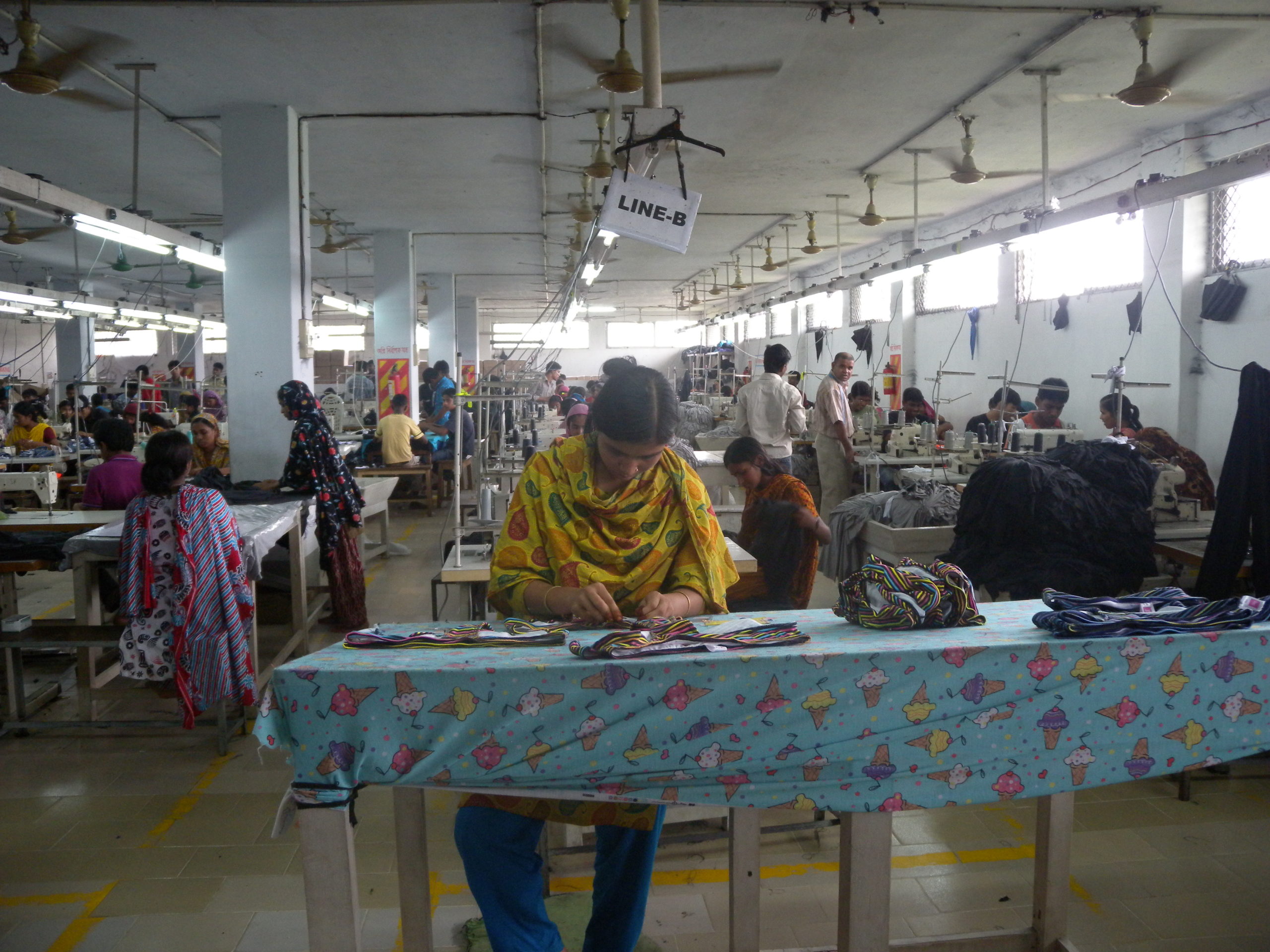At present, the transparency of international supply chains often falls short when examining the global injustices faced by those at the heart of manufacturing; the workers. Workers face exposure to lethal toxins, banning of unions, susceptibility to sexual exploitation and inadequate wages. Indeed, the list of insufferable conditions faced by manufacturing workers has the potential to fill this entire article.
The umbrella term of ‘sweatshops’ is commonly used to group the inhumane environments in which many manufacturers work. The term may bring to mind grotesque images which feel detached and alien to the experience of scurrying up and down sanitary and safe supermarket aisles during part-time employment. Nevertheless, your existence as a consumer within these supply chains holds significant power. It can aid campaigning groups striving for solidarity through action against global injustice in lobbying for fairer conditions.
Electronics and technical software make up one of the largest industries within the global supply chain. The electronics labour force are faced with uncertain, often illegal, employment as temporary contractual arrangements threaten financial and social security. Health and safety breaches are common, amplified by the recent pandemic. Social distancing measures are not implemented and there is no distribution of protective equipment for those viewed as replaceable components within the manufacturing line. Forced labour through deprivation of payment and vital documents holds these communities as prisoners. Electronics Watch reports that an estimated 24.9 million people worldwide are forced to work under the threat of coercion. Large-scale electronics purchases are often made by larger suppliers on behalf of universities, demonstrating the significant influence of various stakeholders within the education system. This includes you – the vital students and staff members.
There are calls for large-scale university electronics buyer NEUPC (North Eastern Universities Purchasing Consortium) to stamp out sweatshop conditions in their supply chain by affiliating to Electronics Watch. This would ensure national solidarity in the fight for social justice, that workers receive a good quality of life and ensure students can use institutional equipment with pride.
The University of Leeds is already affiliated with Electronics Watch, however, Leeds Beckett University and Leeds Trinity have fallen behind despite their influence looming large within supply chains and consumption patterns. People and Planet are a student campaigning group seeking to end environmental and social issues. The current president of the Leeds University Union People & Planet Society, Jay Kerslake, points out that, ‘no amount of tech is worth the workers’ rights abuses currently supported by university purchases. To continue to do so when schemes like Electronics Watch are readily available is unjustifiable’.
By lobbying those in positions of power to make the correct, ethical, informed decisions when sourcing products made internationally, a real difference can be made to those at the heart of manufacturing. Through ensuring transparency, buyers can positively influence systemic industry improvements by creating demand for not just humane, but prosperous working conditions.
The current COVID crisis creates pressures to turn inwards, to hold together our homes and our health, but we must also turn outwards. We must fight for those facing turmoil, where social distancing and furloughed wages are a fantasy. Poor working conditions and the campaigning of the national activist group ‘People and Planet’ motivate us to act. You can take the first and most significant step by signing the petition for NEUPC to commit to affiliating to Electronics Watch here.
By Emma Hubberstey

